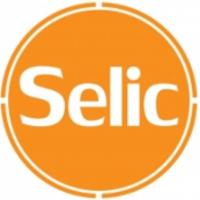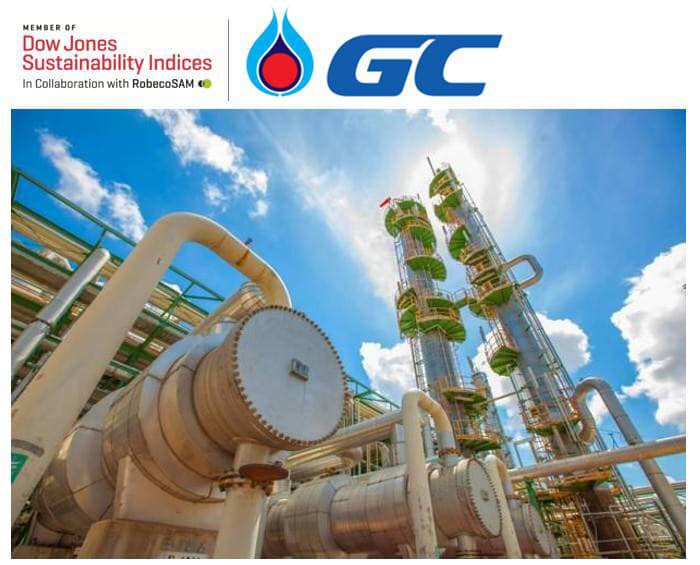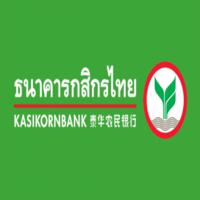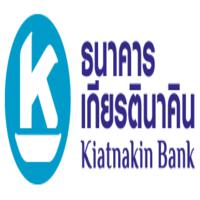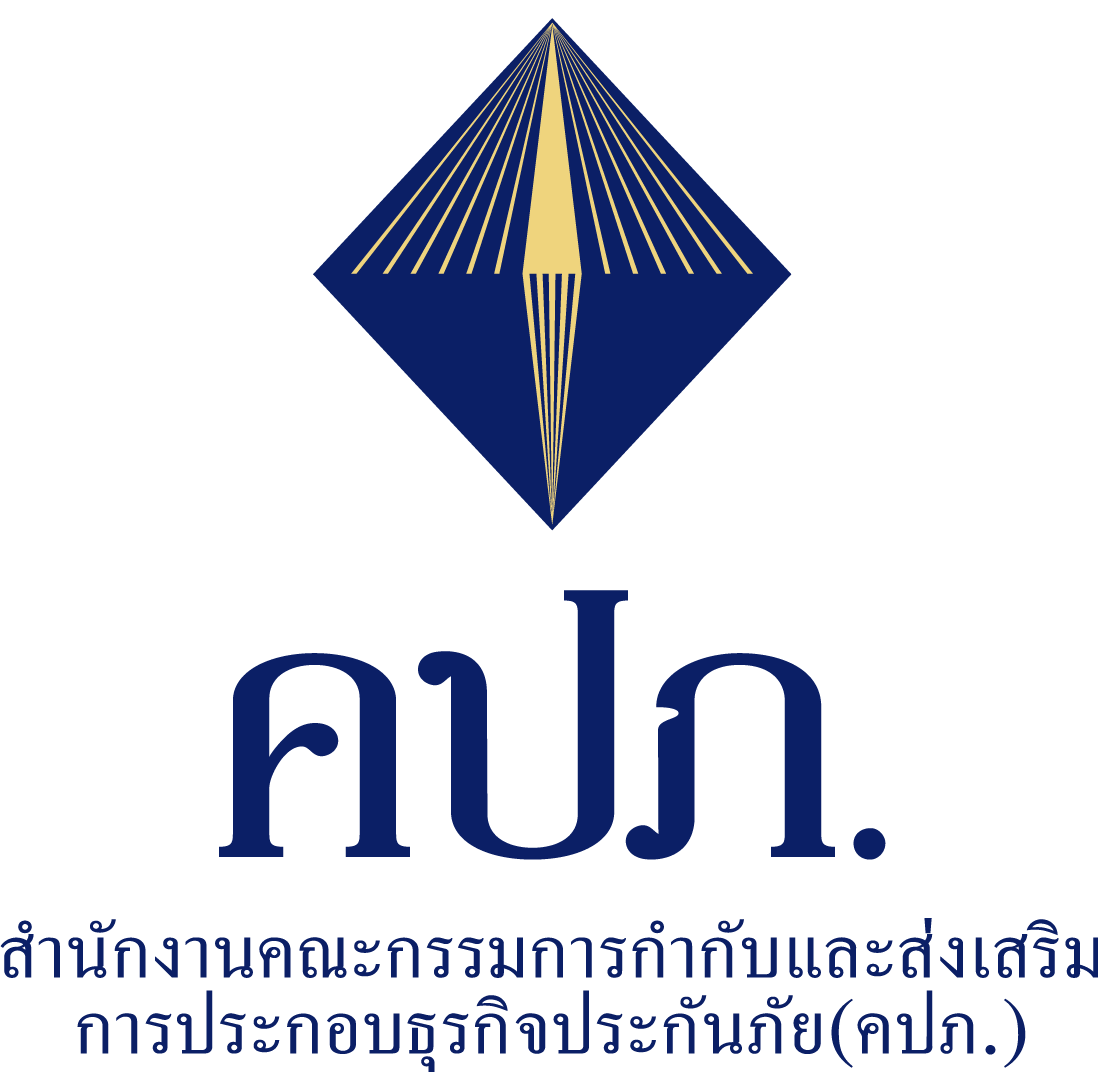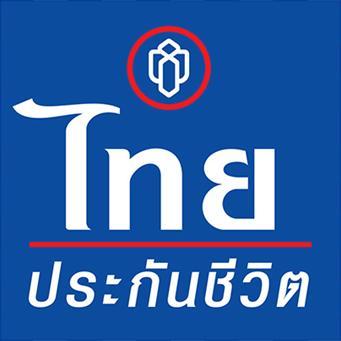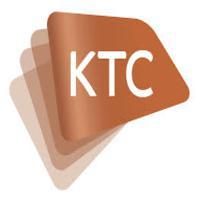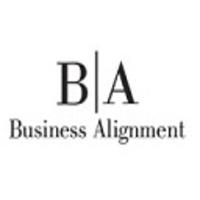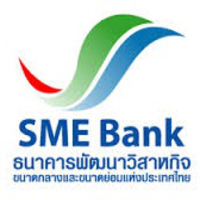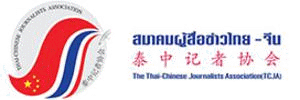- Details
- Category: กลต.
- Published: Thursday, 04 September 2014 12:39
- Hits: 4230
ก.ล.ต. เปิดให้ธนาคารพาณิชย์เสนอขายตราสาร Basel III แก่ผู้ลงทุนทั่วไป
ก.ล.ต. อนุญาตให้ธนาคารพาณิชย์ออกและเสนอขายตราสารทางการเงินที่สามารถนำมาคำนวณเป็นเงินกองทุนชั้นที่ 2 ตามแนวทางของ Basel III ซึ่งมีเงื่อนไขบังคับแปลงสภาพเป็นหุ้นสามัญและมีการกำหนดราคาแปลงสภาพขั้นต่ำ (ตราสาร Basel III) ให้แก่ผู้ลงทุนทั่วไป และการอนุญาตให้กองทุนรวมทุกประเภท ยกเว้นกองทุนรวมตลาดเงิน สามารถลงทุนในตราสาร Basel III ได้ ในสัดส่วนที่กำหนด เพื่อเพิ่มทางเลือกในการลงทุนและช่วยเสริมสร้างความเข้มแข็งของระบบการเงิน มีผลใช้บังคับภายในไตรมาสสี่ของปีนี้
นายวรพล โสคติยานุรักษ์ เลขาธิการ ก.ล.ต. เปิดเผยว่าคณะกรรมการกำกับตลาดทุนมีมติเห็นชอบหลักเกณฑ์เพื่ออนุญาตให้ธนาคารพาณิชย์ออกและเสนอขายตราสาร Basel III ให้แก่ผู้ลงทุนทั่วไปได้ รวมถึงอนุญาตให้กองทุนรวมทุกประเภท ยกเว้นกองทุนรวมตลาดเงิน ลงทุนในตราสาร Basel III ทั้งในและต่างประเทศได้ไม่เกินอัตราส่วนการลงทุนที่กำหนด เพื่อเปิดโอกาสให้ธนาคารมีช่องทางสร้างความเข้มแข็งของเงินกองทุนเพิ่มขึ้น และผู้ลงทุนมีทางเลือกในการลงทุนมากขึ้น
นอกจากนี้ ก.ล.ต. กำหนดราคาแปลงสภาพขั้นต่ำเป็นมาตรฐานเดียวกันที่อัตราร้อยละ 50 ของราคาหุ้นสามัญของธนาคารในช่วงที่ออกและเสนอขายตราสาร Basel III โดยรวมถึงตราสาร Basel III ที่นำมาคำนวณเป็นเงินกองทุนชั้นที่ 1 ที่มีเงื่อนไขการแปลงสภาพเป็นหุ้นสามัญด้วย โดยธนาคารผู้ออกตราสารต้องยื่นแบบแสดงรายการข้อมูลการเสนอขาย และเปิดเผยลักษณะและรายละเอียดของตราสารอย่างชัดเจน ในส่วนตัวกลางผู้ขายตราสารจะมีกระบวนการที่ทำให้ลูกค้าเข้าใจลักษณะความเสี่ยงและผลตอบแทนของตราสารเป็นอย่างดีก่อนตัดสินใจลงทุน
“ตราสารประเภทนี้ซับซ้อนและมีความเสี่ยงแตกต่างจากตราสารหนี้ทั่วไป เนื่องจากผู้ถือตราสารจะถูกบังคับให้แปลงสภาพตราสารเป็นหุ้นสามัญของธนาคารในภาวะที่ธนาคารมีปัญหาทางการเงิน ดังนั้น ก.ล.ต. จึงกำหนดราคาแปลงสภาพขั้นต่ำที่เป็นมาตรฐานเดียวกัน เพื่อลดความซับซ้อนของตราสาร และให้ผู้ลงทุนรับทราบความเสี่ยงสูงสุดที่จะได้รับอย่างชัดเจน ขณะที่ธนาคารสามารถคำนวณจำนวนหุ้นรองรับที่แน่นอนก่อนออกเสนอขายตราสารได้ นอกจากนี้ ธนาคารต้องเปิดเผยราคาแปลงสภาพขั้นต่ำให้ผู้ลงทุนทราบอย่างชัดเจน อีกทั้งตัวกลางผู้ขายตราสารต้องปฏิบัติตามกระบวนการเดียวกับการเสนอขายหลักทรัพย์ที่มีความเสี่ยงสูง เช่น ทดสอบความรู้ของผู้ลงทุน เปิดเผยข้อมูลที่จำเป็น แจ้งเตือนว่าหลักทรัพย์อาจมีความเสี่ยงสูงหรือซับซ้อน เป็นต้น เพื่อให้ผู้ลงทุนมีข้อมูลประกอบการตัดสินใจลงทุนอย่างเพียงพอ” นายวรพล กล่าว
SEC to allow offering of Basel III additional tier 2 instruments to retail investors
The SEC will allow commercial banks to offer for sale to retail investors, Basel III additional tier 2 instruments with condition of conversion to equity and specified floor conversion price. The said instruments will be permissible for investment of mutual funds, except money market funds, under certain investment limit. The relevant regulations are expected to become effective by the fourth quarter of this year with the aim to provide more investment choices and help strengthen the financial system.
SEC Secretary-General Vorapol Socatiyanurak revealed that the Capital Market Supervisory Board recently approved regulations to allow offer for sale of commercial banks’ Basel III additional tier 2 instruments to retail investors. Mutual funds, excluding money market funds, will also be permitted to invest in the instruments offered domestically or overseas, to the extent specified by investment limit. The regulations aim to widen both channels for banks to strengthen their capital and investors’ investment choices.
In addition, the floor conversion price of Basel III additional tier 2 instruments has been set at 50 per cent of the commercial banks’ common stock prices at the offering period. The floor conversion price will also be applicable to Basel III additional tier 1 instruments with condition of conversion to equity. The commercial banks must file registration statement and clearly disclose features of instruments while intermediaries and selling agents must have in place the procedure to ensure their clients’ understanding of associated investment risks and returns before making investment decision.
“The Basel III additional tier 2 instruments’ complexity and associated risks are different from those of plain debt securities because the holders will be forced to convert them into common shares if the banks face financial problems. As a result, the floor conversion price has been standardized to reduce complexity and enable investors to learn of the highest exposure. In addition, banks will be able to determine the number of shares for conversion prior to the offering of instruments. In order to provide investors with sufficient information, moreover, intermediaries and selling agents must apply the procedure for selling for high risk securities such as suitability test, key information disclosure and warning of the securities’ high risks or complexity.”Mr. Vorapol added.

























